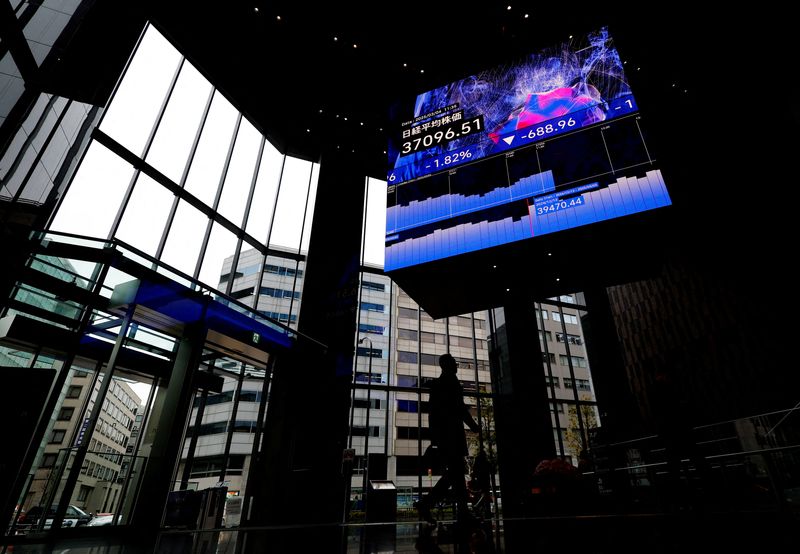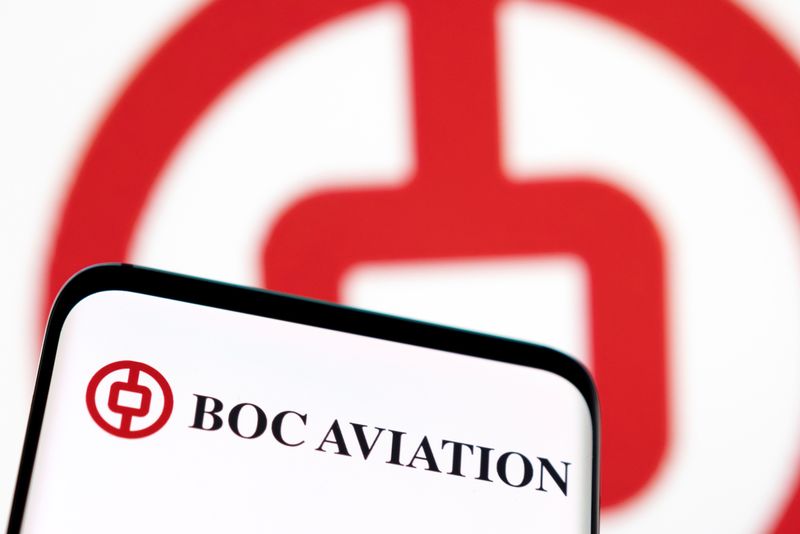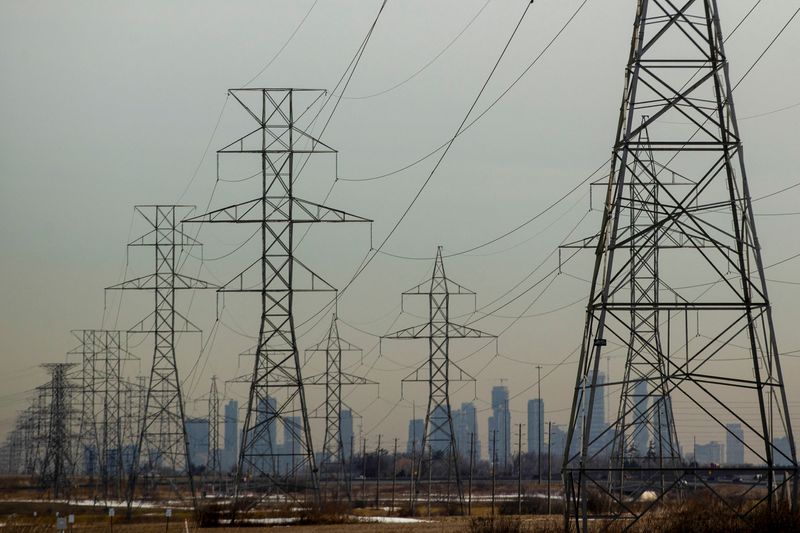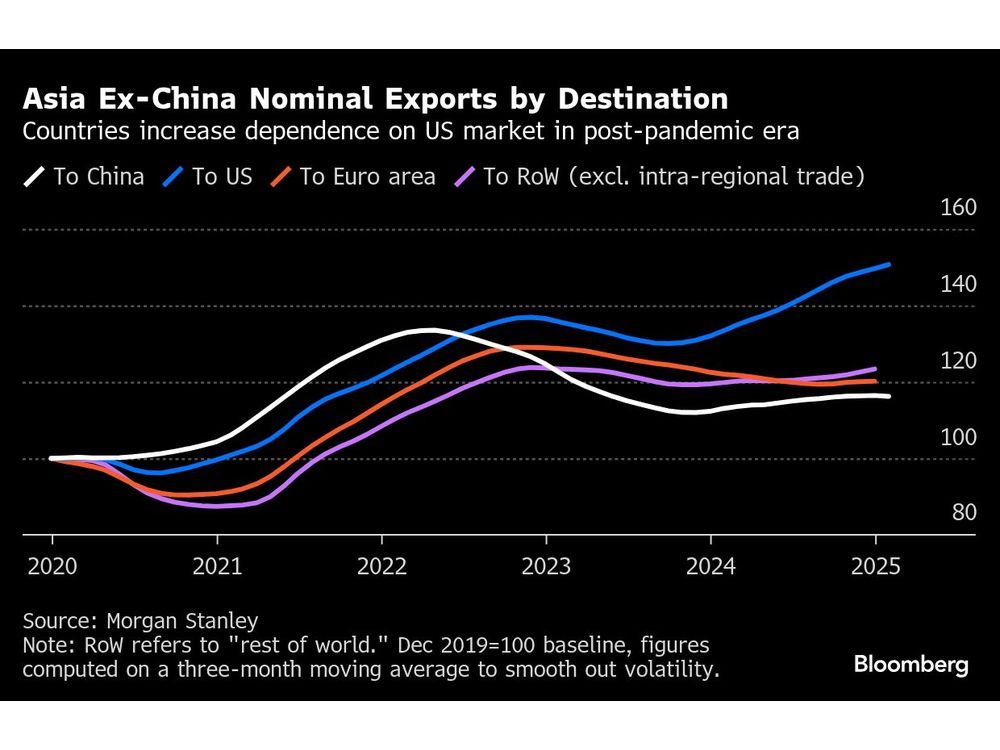A swap is a derivative instrument that allows two parties to “swap” the cash flows from financial instruments. However, it does not involve exchanging the underlying liabilities in most cases. It is a part of a hedging strategy followed by entities to mitigate their risks. Two common examples of these instruments include cross currency and credit default swaps.
What is a Cross Currency Swap?
A currency swap allows two parties to exchange interest payments on a currency. It may also involve transferring the principal amounts to the other party. Likewise, a cross-currency swap follows the same principle but for different currencies. In this type of swap, two parties agree to exchange interest payments and principal amounts for two specific currencies.
In a cross-currency swap, two parties exchange interest payments at fixed intervals as long as the contract lasts. Both parties also agree to transfer the currencies back at the same rate as at the beginning of the swap contract. In most cases, the party using this derivative must find a swap bank to avail of such offers. Global banks can also act as an intermediary in such transactions.
What is a Credit Default Swap?
A credit default swap is another type of swap derivative. However, it involves exchanging the credit risk on a specific financial instrument. Primarily, it is an agreement between two parties for reimbursement if a borrower defaults on a loan. Credit default swaps usually apply to fixed income instruments. Therefore, they are common for bonds and other similar debts.
A credit default swap involves one party buying a CDS. The seller, usually a financial institution, insures the buyer of the credit risk on their debt instrument. If borrowers fail to repay, the seller compensates the buyer for the defaulted amount. The seller also becomes the owner of the defaulted debt. Unlike the cross-currency swap, a credit default swap does not involve exchanging cash flows.
What is the tax treatment of Cross Currency Swaps?
A cross-currency swap meets the definition of a notional principal contract (NPC). Generally, an NPC is a financial instrument that involves the exchange of cash flows at specific intervals based on a notional principal amount. Under these contracts, the party holding the swap must treat it as either periodic or non-periodic payment.
Periodic payment notional principal contracts involve exchanging cash flows within a year or less of the contract term. For these contracts, the holder must recognize the payments based on estimation each tax year. Non-periodic payment contracts cover agreements that don’t fall into the former category. These contracts qualify as ordinary income for the holder.
What is the tax treatment of Credit Default Swaps?
The tax treatment of credit default swaps also falls under the definition of a notional principal contract. Despite not involving an exchange of cash flows, the instrument holders must treat them as NPC. Therefore, the same tax treatment of cross-currency swaps applies to credit default swaps.
Conclusion
A swap is a derivative that allows two parties to exchange cash flows on financial instruments. A cross-currency swap involves two cash flows as the underlying instruments. On the other hand, a credit default swap covers the default risk on them. The tax treatment for both types of derivatives falls under the definition of a notional principal contract.
Further questions
What's your question? Ask it in the discussion forum
Have an answer to the questions below? Post it here or in the forum




